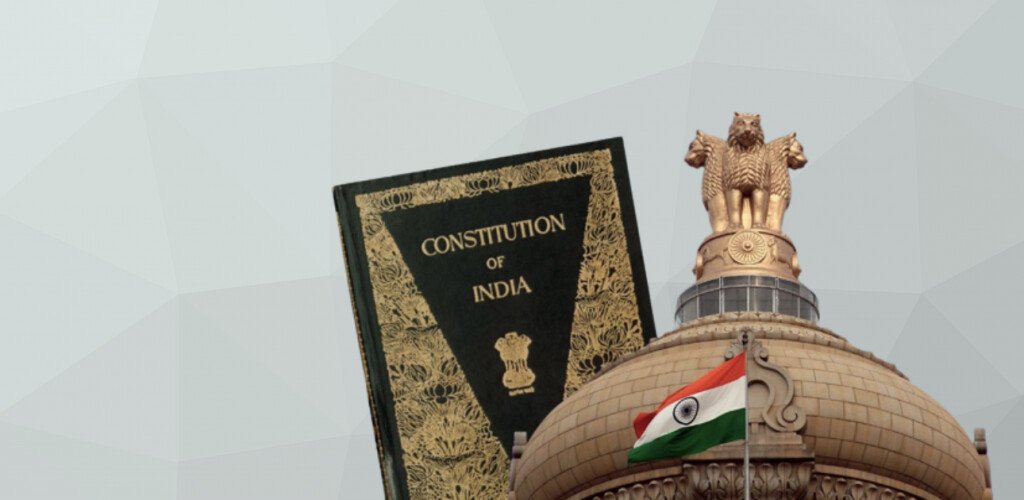By: Kalpajyoti Bhuyan
Development of higher education is of pressing priority for every country in the world in because it is important for the social, political and economic development of a nation and the overall empowerment of the people. In the context of globalization, it is even more essential. The United Nations has also stressed on the role of higher education as a part of the development agenda with special focus on environmental awareness, peace and human rights.
From Hunter Commission (1882), Radhakrishnan Commission (1948) and the Kothari Commission (1966) to the National Policy on Education in 1968, higher education in India has continued to develop considerably. The Kothari Commission had recommended the grant of autonomy to universities and affiliated colleges to ensure ‘quality’ in higher education. The National Policy on Education (NPE) in 1986 even proposed to establish 500 autonomous colleges in the seventh plan period and entrusted University Grants Commission (UGC) to frame the guidelines and provide assistance accordingly. The target could not be achieved but it provided the impetus for the eighth and the ninth plan period. Here, the emphasis was on the reconstruction of the education system, redesigning of courses, quality research, better teaching-learning methods, the establishment of new universities and other resource facilities in the universities, etc.
Initially modeled after the London Model, today, India has one of the largest higher education systems in the world with autonomous colleges, national and state grants and various quality assurance mechanisms. The idea of autonomy in educational institutions relates to institutions which are empowered to prescribe its own rules to function, lay down its own curriculum and conduct its own examinations, formulate an evaluation system, award degrees and diplomas on behalf of the university and so on. There are over 827 autonomous colleges in all over India which are approved by the UGC. Tamil Nadu has the highest total of 227. In the North-East, Nagaland and Assam has 3 whereas Manipur has only 2 such colleges. Although academic autonomy is granted to colleges in India, for certain matters of finance and administration, it still has to rely on its affiliated university and the UGC.
Academic autonomy is granted to a college if it fulfills the required norms and criteria set by UGC provided it is supported by the parent university and the state government. It promotes creativity in the teaching-learning environment due to the fact that it opens up space for timely innovation and experiment. It makes the education imparted to students relevant in a world which changes every day and when every course requires to achieve certain internationally acceptable standards. It also provides a free environment for education to flourish in an otherwise choking scenario of educational regulation by as many as six organizations directly or indirectly controlling these institutions. In many a case, the Acts and Statutes of numerous universities don’t have arrangements for giving ‘self-governing’ status to its constituent or affiliated colleges. Hence, important revision needs to be made in such Acts and the Statutes for giving the benefit of self-governance to affiliated colleges.
But autonomy is not the only answer for the betterment of higher education. There are other concerns of inadequate funding and weak institutional management as well. Many also question the use of uniform and pre-fixed assessment criteria of the assessing bodies as desirable but less acceptable. If education is considered a public service delivery here, the real-time feedback of the consumers must be also taken into account among other factors. In short, the resolution offering autonomy to a college will only improve the quality of education when the college would make efficient and productive use of the grants it has received for developing teaching-learning facilities and materials. Further, when skill-based courses like M.B.A, M.C.A, Biotechnology, Mass Communication and Journalism are offered, the possibility of employment opportunities for the students’ increases.
The usual pattern of college affiliation to universities, which started when there were few colleges and students, still continues in the country. Today, as the number of colleges under any given university has increased, it has made communication and management extremely difficult, inefficient and burdensome for the universities. It is a herculean task for a university to look after the individual needs of 300 colleges under it! This is why autonomy is crucial. It should be extended if we want to break free from the affiliation system and academic excellence is to be maintained and promoted in the country. It is also worth noting that, it is only the state of Tamil Nadu which has promoted this scheme for over the years. Andhra Pradesh and Maharashtra too has shown significant rise in their numbers. But what made the other states not implement such a step towards the development of higher education?
The status will not only decentralize power and make the college eligible for special financial assistance from UGC but also promote scope for academic engagement. For further inclusion of colleges, a favorable and competitive scenario should be created. Besides grants and academic autonomy, there should be provisions for more financial autonomy and opportunities for colleges to generate their own resources without cutting off the various aids by the government. It will also require highly qualified educators. But autonomy should not be confused with privatization and it should not lead to exorbitant fees being imposed on the students.
The terms shall be properly defined and distinguished between the head, departments and management, as to who the powers are granted and who will exercise how much degree of autonomy. The pay scales should be justified and the decisions of the college with regard to curriculum and all important matters should be followed by the approval of review committees. Most importantly, academics should provide a scope for quality research and critical reflection and not bow down to the subordination of any other interest but of academics. The Radhakrishnan Commission had earlier pointed out that exclusive control of education by the State is a feature of States with totalitarian agendas. The government rules and regulations also slow down the speed of progress in higher education. Autonomy will ensure that freedom and change.
Many are also of the opinion that, going for autonomy would require a robust change in the administrative and management practices of many government colleges which are often inefficient and poor. While they can lie back easily in the comfort zone under a university, autonomy would prove very challenging for them because they would be pushed to work harder. Further, to retain the status they will have to continue to seek new horizons of academic excellence because autonomy by itself will not lead to excellence. Studies reveal that in many cases state governments are unwilling to give up their power, and sometimes, even the teachers are not willing to assume responsibilities fearing workload.
With the approval of the National Education Policy (NEP) 2020, which might take a few years to materialize, focus has been directed towards the development of the intellectual capital of the country. It has proposed autonomy and limits on affiliation among other changes and has laid down criteria based on quality of education, academic performance, research prospects, infrastructure, etc for the same. The policy has differentiated universities and colleges into Research Universities, Teaching Universities and Degree Awarding Autonomous Colleges. Academic, administrative and financial autonomy will be granted to colleges on the basis of their accreditation status under these categories. As much of the provisions of the NEP has been subjected to wide criticism, it is only time that can affirm the success of the new era of educational governance. (The writer can be contacted via 666kalpa@gmail.com)







